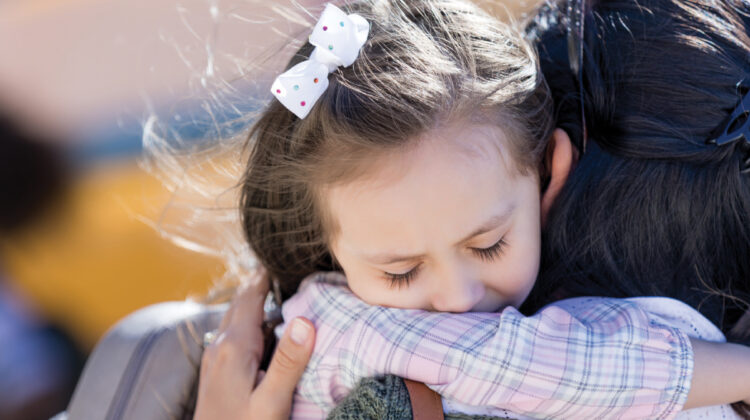Supporting children with anxiety requires understanding, empathy and a compassionate approach. Anxiety can show up in various ways in children, impacting their emotional well-being, how they respond, and academic performance. As parents, caregivers, teachers, or mentors, we play a vital role in helping children navigate and understand their anxious thoughts and feelings. By teaching and modeling healthy coping skills, providing a supportive environment and seeking professional help when needed, we can empower children to manage these feelings and thoughts in order to thrive in their daily lives. In this article, we will look at 7 effective steps to support children with anxiety, offer guidance and suggestions to promote their emotional well-being and resilience. These steps are not age specific but can work and be modified for all ages.
Educating yourself.
Learn about anxiety and what it looks like in children. There are a variety of symptoms that are associated with anxiety but remember every child is different and may not be textbook. Understanding anxiety will enable you to provide appropriate and evidence-based strategies. This may be the most important piece you can do to support your child because you are trying to empathize with them and learn more about how they feel.
Make sure that you encourage open communication.
You want to be able to create a safe and non-judgmental space where your child feels comfortable and safe about expressing their thoughts and feelings. When you have an understanding of what anxiety is, this will help you with this step. Encourage them to talk about their anxiety and validate their experiences. Just because you may not have anxiety does not mean you can’t try to put yourself in their place. This also creates an environment where your children know that it is okay to talk to you and seek help.
Be the best listener you can.
Practice active listening. Active listening is when you give another person your undivided attention. Active listening requires being fully present in the moment and showing genuine interest and empathy for the person talking. This helps to avoid dismissing or trivializing their feelings.
Encourage and model healthy coping skills.
People struggle a great deal in today’s society because they turn to unhealthy coping skills and this creates more problems for them in the process. Model healthy coping skills to children. You can promote healthy coping skills such as engaging in physical activity, having hobbies, spending time with supportive friends and family. Other examples of healthy coping skills can include; journaling, practicing gratitude, drawing, listening to music, going outside, and other creative outlets.
Teach relaxation and mindfulness techniques.
You can teach age-appropriate techniques such as deep breathing exercises, guided imagery and other muscle relaxation techniques. These techniques can help your child to manage living with anxiety and offer healthy coping skills.
Put a routine in place.
Establishing a predictable routine can help reduce anxiety by providing stability and structure. The more you are consistent in your day-to-day activities such as dinnertime, homework, and bedtime can help establish a sense of security. This is a good rule of thumb for most children. Children with or without anxiety tend to function well with an established routine in place.
Always seek professional help if needed.
When a child’s anxiety significantly interferes with their daily lives, relationships, or academic performance, consider seeking professional help from a mental health specialist, such as a child psychologist or a therapist. They can provide an appropriate assessment, diagnosis, and evidence-based treatment options.
These steps can help you model healthy coping skills for the children in your life. Keep in mind that each child is unique and what works for one may not work for another. I think learning about anxiety is such a good starting place to create a safe and supportive environment for your children. Practicing patience, empathy and continued support are essential when helping your child to manage anxiety. Supporting children with anxiety, regardless of age, requires a multifaceted approach. Continue to foster open communication, provide a structured and supportive environment for your child. These elements over time will increase their confidence and resilience. When we support children with anxiety we can make a positive impact on their lives, laying a foundation for positive well-being and a successful future.

